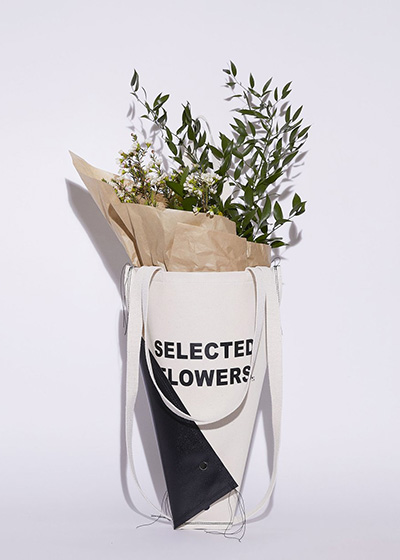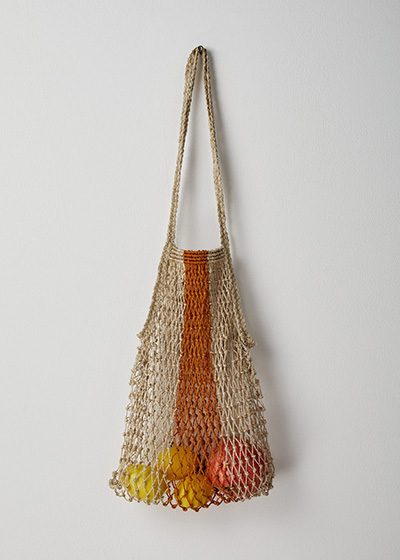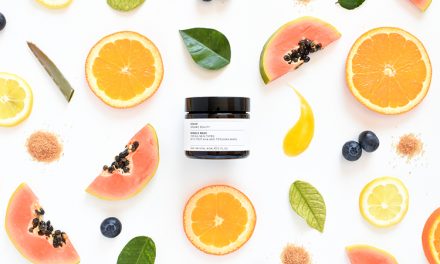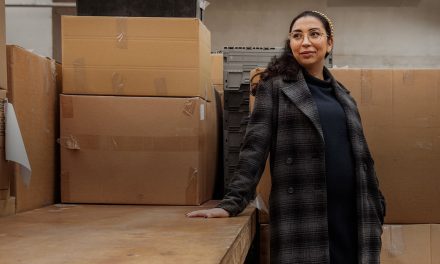Alternatives To Plastic Bags
Plastic bags are a well known environmental issue. This #plasticfreejuly, we explore exciting and sustainable alternatives to plastic bags.
Plastic bags are arguably – and sadly – some of the most used products in our society. This is because they’re popular in all sectors and easily available to any consumer. However their affordability and availability collides with their environmental impact. Did you know that the average use of a plastic bag is only 12 minutes? Now, consider that the time necessary for a plastic bag to degrade naturally is between 150 to 1000 years. When they do eventually degrade, they leave behind micro plastics in the environment. Therefore, plastic bags are not only protagonists of everyday shopping, they’re the cause of heartbreaking environmental damage. Learn more about the difference between biodegradable and compostable in this hand guide.
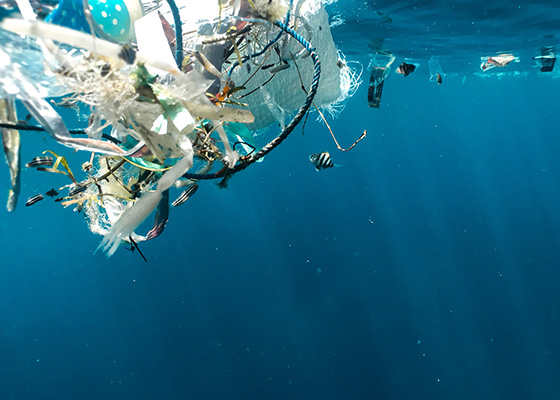
Why Are Plastic Bags So Bad For The Environment?
Plastic bags are mainly made up of polyethene and polyvinyl, which are derivatives of petrol. To create the texture we know so well, plasticiser and dyes are then added, which make the compound even harder to degrade. All of these elements are a recipe for disaster. Plastic bags end up accumulating in the environment and sea waters, causing worrying and long-lasting damage to animals and eco systems.
Facts About Plastic Bags
- Every year, around 500-1000 billion plastic bags are used and thrown away
- Plastic bags suffocate and kill around one million marine creatures every year
- In the North Pacific there’s a floating mass of plastic waste the same size as the state of Texas. It’s been dubbed the Great Pacific Garbage Patch
- No country in the world recycles more than 1% of plastic bags. The rest end up in the landfill
In the last few years, many governments have started raising awareness on the issue and tried to tackle this complex problem. However, if we want to significantly make a needed drastic change, it’s not sufficient to just reduce their use but to seek alternatives that can be implemented on an everyday basis. With a little discipline, you’ll see how satisfying it will be not to have your home filled with plastic, and being aware that with such a small change you can make such a promising impact. Are you looking for practical solutions but don’t know where to start?
Do you work in sustainability?
The WIP is our new digital platform for eco aware brand founders, entrepreneurs and side hustlers. It's a place to find community as well as learning resources. Launching this Winter, you can sign up for updates below.
Plastic Packaging
It’s not just traditional shopping bags we should account for. Online retailers often use plastic mailer bags, garment bags, bubble wrap or other protective measures made of plastic. Many companies now give information about their packaging on their websites, so make sure to check what your preferred retailer offers. Don’t forget the power you hold as a conscious citizen! If you purchase something that comes wrapped in plastic, contact the company and ask them to switch to plastic free, or low plastic options. Here are our suggestions for plastic-free shopping and more!
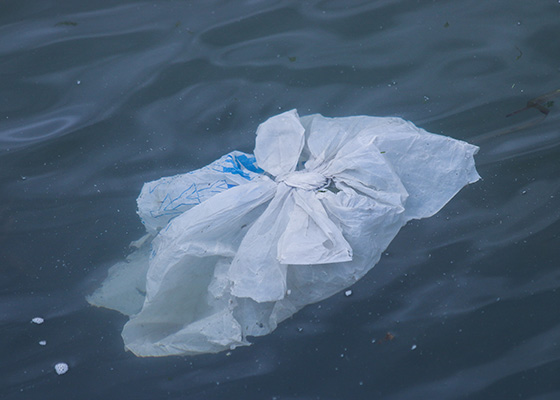
Compostable Bags
While biodegradable is a tricky concept – plastic itself can be biodegradable, but it takes up to centuries to break down and still releases toxic chemicals into the environment. It’s much better to opt for eco-friendly compostable bags, which you can reuse in your food waste bins. Some of these options are manufactured from sugar cane, potato starch and other renewable resources that can be converted into chemicals and polymers using conversion processes similar to those of traditional polythene. According to The Ethical Consumer, bags labelled as ‘compostable’ are made from vegetable matter like potato or corn starch which fully break down.
However, the conditions have to be right for them to break down and home composts aren’t typically warm enough to complete the process properly. It might however, need centralised composting facilities where the compost is guaranteed to reach high temperatures. If a bag is labelled as ‘home compostable’ and it has been approved as compostable by the Composting Association in the UK it should bear the seedling logo. It’s important not to recycle them either. Compostable packaging can contaminate all the other materials within a recycling stream – meaning that the whole batch is spoilt and cannot then be recycled.
Jute Bags
Jute bags are probably the oldest alternative to plastic, and we’re happy to see they’re back in fashion. They’re unbelievably sturdy and resistant (they can be used to carry heavy groceries and items), and are a long-lasting alternative to plastic bags. Jute is a naturally renewable source, it’s not expensive to farm and requires minimal care to grow. It is biodegradable and compostable.
Cotton Tote Bags
Cotton tote bags are the most common alternative to plastic bags, and they’re preferred because of how naturally biodegradable and reusable they are. The fact that they are made from natural and renewable sources is also a plus. Cotton is more expensive to produce the bags are not as strong as say jute, but, even with slight concerns, cotton bags still make a great alternative to plastic bags. Look out for organic cotton, as regular cotton causes a lot of environmental and social problems too.
String Bags
Old school string bags are back in fashion! Not only are they cute, but highly practical too. Net bags are perfect for groceries because they take up little space, and they’re so resistant. You can simply roll them up and put them in your purse so that if you do some unplanned grocery shopping, you can politely decline when offered a plastic bag.
String Market Bag, £29, Toast (right)
Reuse
Sometimes you just can’t help it. With some purchases, plastic is inevitable. While prioritising companies that have eco-friendly packaging is key, no one can be perfectly prepared all the time. If you do end up in posession of an unwanted plastic bag, make sure to make the most out of it for as long as possible, before recycling.
Did This Put A Smile On Your Face? Why Not Subscribe?
If you enjoyed this then theres plenty more on our email newsletters that you'll love. Whether you're a sustainable newbie or an eco conscious pro, our bi monthly emails will inspire you to live sustainably and ethically.


